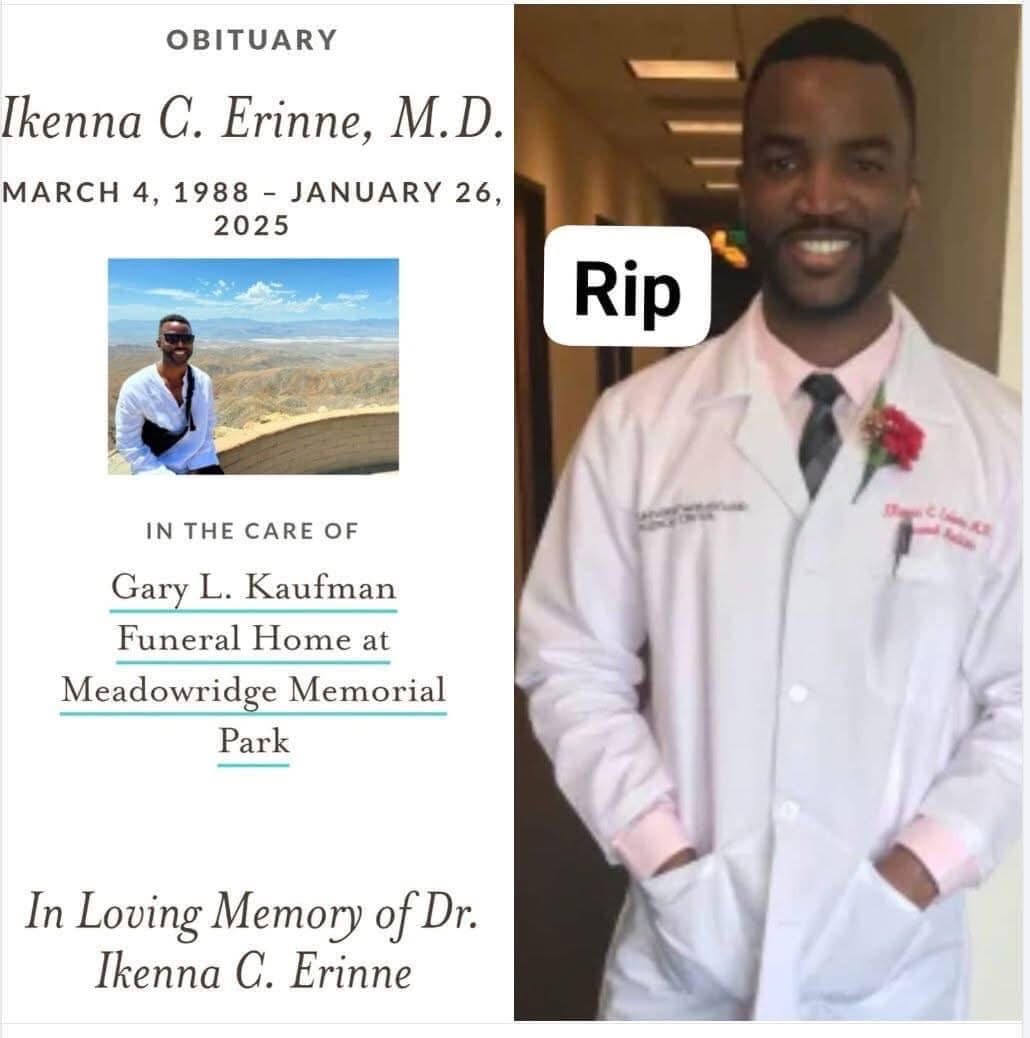East Legon Accident: Reverend Obofour Begs Victims To Empathise With Salifu Amoako
The East Legon accident involving the car of Prophet Salifu Amoako’s son drew significant public attention due to the high profile of the individuals involved. Prophet Salifu Amoako, a well-known religious figure in Ghana, is the leader of Alive Chapel International, and his son was reportedly involved in the accident, which took place in East Legon, one of Accra’s upscale neighborhoods.

The incident, which caused damage or harm, led to public concerns, particularly among the victims of the accident. In response to this, Reverend Obofour, another prominent pastor, appealed to the victims for empathy and understanding, asking them to forgive Prophet Salifu Amoako’s son and not to escalate the matter. This intervention by Reverend Obofour was an attempt to mediate the situation and encourage reconciliation, especially given the fact that the accident involved a member of a highly respected religious family.


The involvement of religious figures in resolving issues like this demonstrates the strong influence that faith leaders hold in Ghanaian society, as they often step in to pacify situations and maintain peace within communities.
In the East Legon accident involving the car of Prophet Salifu Amoako, a well-known Ghanaian prophet, Reverend Obofour, another prominent pastor, has stepped in to ask for forgiveness and empathy for Prophet Salifu Amoako. The accident, which occurred in the affluent East Legon area of Accra, reportedly caused harm or damage, prompting a public outcry or grievances from the victims.


Reverend Obofour’s plea is likely aimed at calming tensions and asking the victims of the accident to show understanding toward Salifu Amoako, who may have faced criticism or backlash as a result of the incident. Obofour’s intervention suggests an attempt to defuse the situation and maintain harmony, especially given the high-profile nature of both pastors within Ghana’s religious community.


This gesture highlights the influence of religious leaders in Ghana and their ability to mediate public matters, especially when they involve high-profile figures. It also reflects the sense of responsibility they may feel to support each other in times of crisis.
editor's pick
latest video
news via inbox
Nulla turp dis cursus. Integer liberos euismod pretium faucibua




